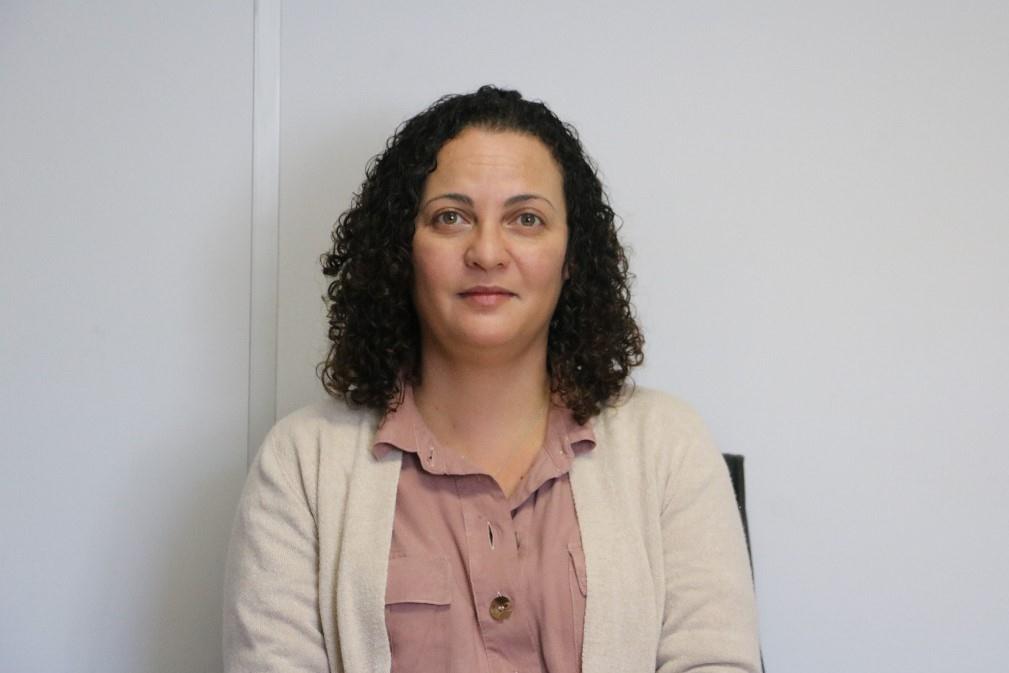Safeguarding children’s mental health
Ayesha WentworthLife is tough, no doubt about it. Just assess your own life and all the things that are thrown at you on a daily basis, not even mentioning what we are all going through in 2020. A collective mental health challenge for Namibia.
As adults, we have many coping mechanisms to deal with our stress, anxiety and general issues that we face. Some of these mechanisms are healthier than others - for example, turning to stimulants of any kind only offers short-term relief and often creates long-term problems. Talking about feelings and in fact about mental health is still very much in its in its infancy in our country. Which leads to even bigger problems and challenges. Now imagine you are a child.
Children are a mirror
Our children are often a mirror of ourselves and whatever issues, challenges and anxieties we are going through also impact children. Adults often think children don’t deal with or have stress or challenges, but in that way, they are just like us. Maybe even more susceptible as they do not have the coping mechanisms we have learnt over the years.
This is still a very much overlooked issue in Namibia and it can have serious consequences.
Just look at the number of young children, teenagers and young adults robbing themselves of a future because they see no way out. Turning to drugs, alcohol or even suicide as is reported in the media with alarming frequency.
But, how do we care, nurture and look out for our children? Not, just our own kids, but as a community and as stakeholders in all Namibian children’s lives. Especially during the uncertainty concerning Covid-19.
The effects of Covid
Children no longer have their routine, they are away from their friends, activities and structure. This can wreak havoc on their sense of well-being and nothing really makes sense any more.
Just imagine what small children must be thinking now everyone is forced to wear masks, or now that they are no longer allowed to hug, play in close proximity to others or do a million other things that used to be normal. It is enough to drive adults to the edge, let alone children.
So, how do we help children navigate these strange and unusual times? There’s no easy remedy, no one-size-fits-all solution. All children are different and react differently to situations and to possible solutions presented to them.
One thing not to do is tell them to ‘suck it up’ or just ‘get over it’ or ‘ignore it’; whatever ‘it’ may be.
The way forward
Instead, engage with children. Have them speak about their feelings, free from judgement and make them feel safe within their family, whichever form the family unit may take. Help them cope with the uncertainty of the upcoming school year by providing some structure to their everyday lives.
Establish a daily routine. If it is possible to arrange play dates or interactions with their friends, try to make it happen while observing social distancing rules and protocols.
Just as adults like to vent their feelings and emotions, children also need an escape valve. Give them the opportunity to do so and in their own way. Give them time to open up, let them talk as much or as little as they want.
Sometimes giving them a creative outlet can be the way to get their feelings out into the open.
Give them the sense that their ideas, thoughts and emotions matter and are taken seriously. It helps develop their self-worth and self-esteem. Both of which are essential to having them cope with challenges and strengthens their mental health and resilience.
Keep them entertained, challenged and give them the opportunity to be themselves. At the same time, just like adults, make sure, if possible, they also still get enough fresh air and don’t let them overindulge. Staying positive and active all contribute to keeping a child happy, healthy and mentally resilient.
*Ayesha Wentworth is a clinical psychologist at the deputy director of Diagnostic and Advisory Services at the ministry of education.




Comments
My Zone
No comments have been left on this article